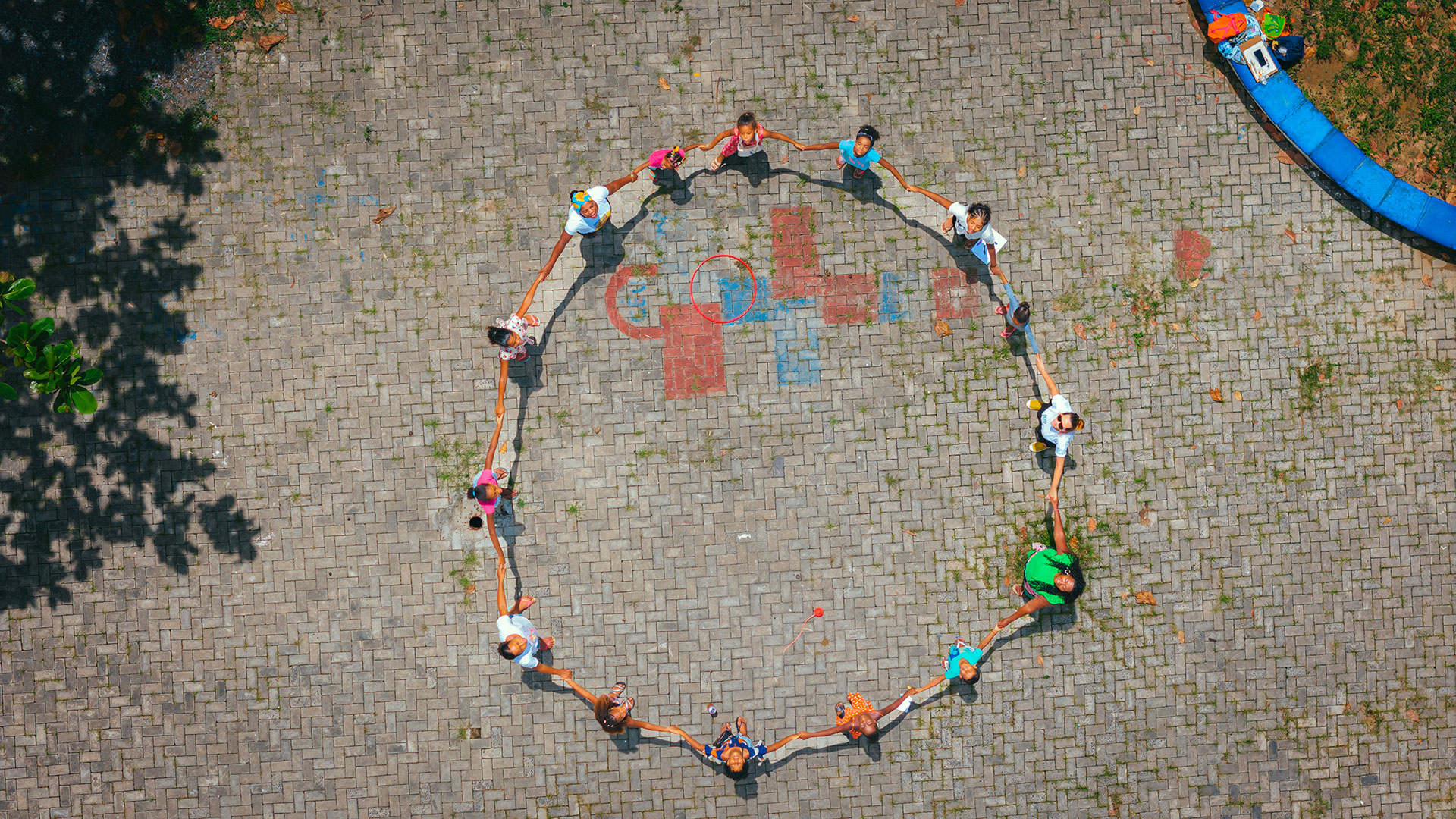To assure that all children can read and write by the 2nd year of Elementary School is one of the urgent needs of education and is one of the commitments of Instituto Natura.
The National Common Curricular Base (BNCC) defines that literacy should be the pedagogical focus of the 1st and 2nd years of Elementary School. The consequences of not investing in literacy by the age of 7 include higher school dropout rates, higher repetition rates, impaired learning indicators, in addition to impacts on the future of the children and the social and economic development of the country. Children who are literate at the right age are more likely to remain in school and complete basic education, which opens doors to higher education and better life prospects, contributing to reduction of poverty.
Brazil has made progress in this area, but the challenge is substantial. According to a survey by Todos pela Educação, the number of children who cannot read and write increased from 1.4 million in 2019 to 2.4 million in 2021, highlighting the impact of the Covid-19 pandemic. The losses during this period have been made up for with the commitment of the states, the municipalities and the Federation.
States supported
municipalities in partnership
mi
Students
impacted /year
Instituto Natura supports the Brazilian states and municipalities in the planning and the implementation of robust and well-structured public literacy policies. In the states, we have partnership with Fundação Lemann and Associação Bem Comum, forming the Partnership for Literacy in a Collaborative Regime (PARC), which offers support and technical assistance to the State Departments of Education and encourages the collaboration among the states and the municipalities to speed the learning results up. In 2025, 18 Brazilian states will already be supported by this work, with more than 3,900 municipalities working in partnership through the collaborative regime, with more than 3 million students impacted annually.
In municipalities with direct support, in addition to strengthening the Collaboration Regime, we also support program Educar Pra Valer in partnership with Fundação Lemann and Associação Bem Comum. And alongside Fundação Lemann and Motriz, we contribute to programs Formar, Plantar and Saber em Movimento. In 2024, 60 municipalities received this customized support. We also obtain funding from partners, such as UBS, Co-Impact, B3 Social and Fundação Vale.
The long-term commitment to literacy is structured around seven pillars, such as planning, structuring governance with the participation of different bodies, implementation of mobilization strategies, dissemination and visibility of the program and coordination among curriculum, assessment, teaching materials and qualification of teachers and school administrators. There is a cross-cutting focus in all pillars to face inequalities and inequities in public education. Instituto Natura supports and strengthens actions that aim to reduce social, racial and gender inequalities which are reflected in educational indicators.

Education is cumulative, which means that learning losses in any of the school years will be detrimental throughout the entire school career of the students. Therefore, the efforts to include everyone must be permanent and consistent throughout Basic Education and must begin in the early years of this journey.
Other Commitments with Education
